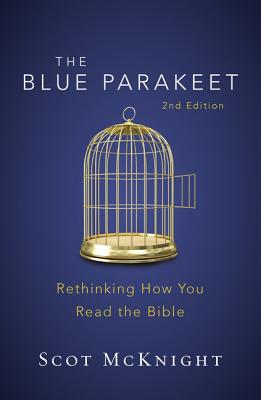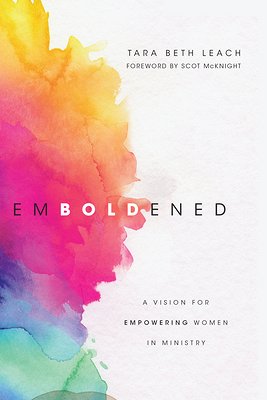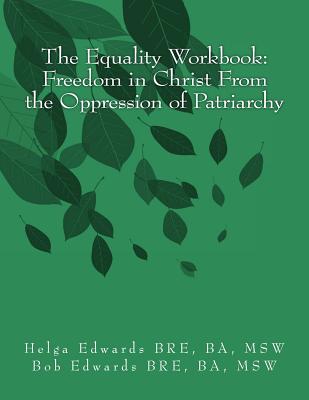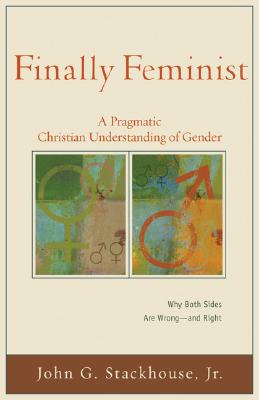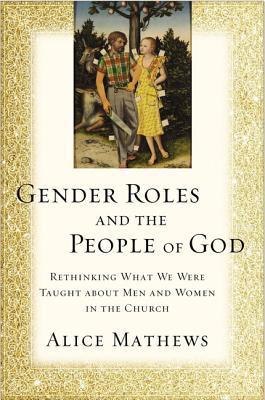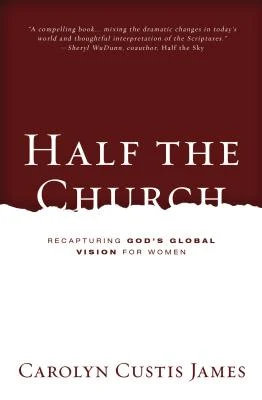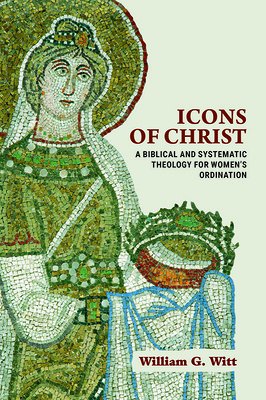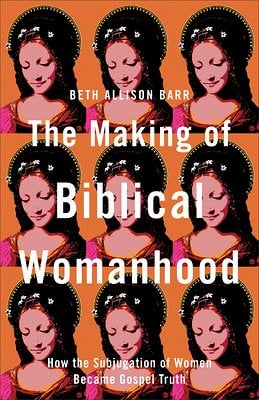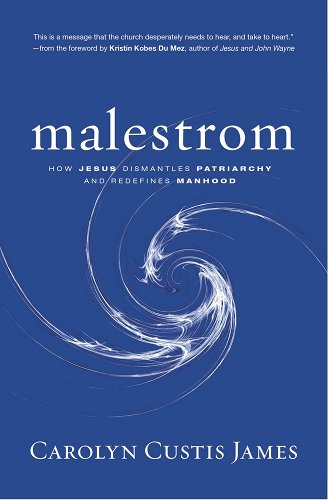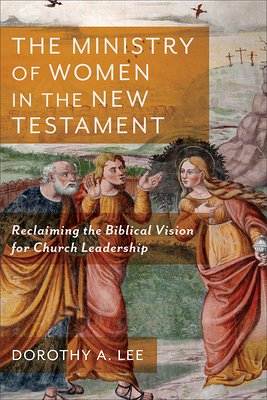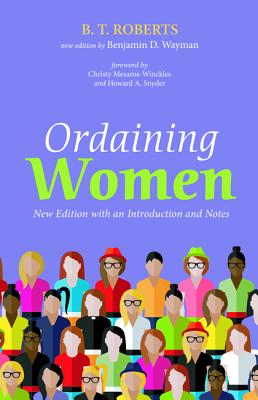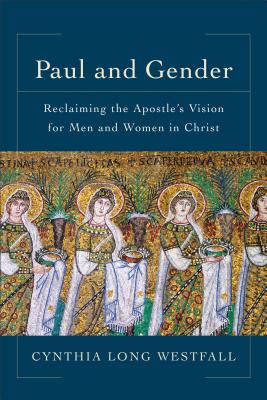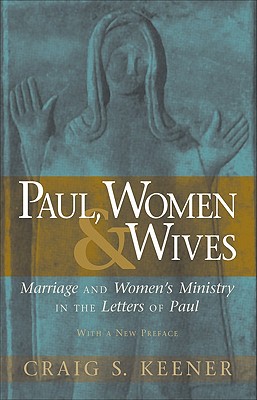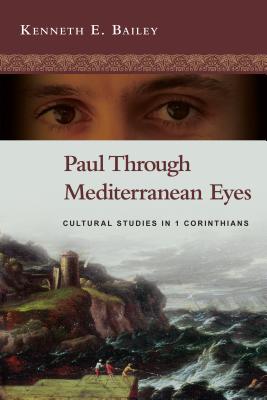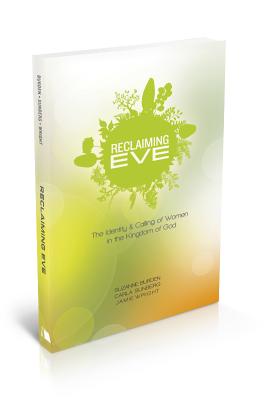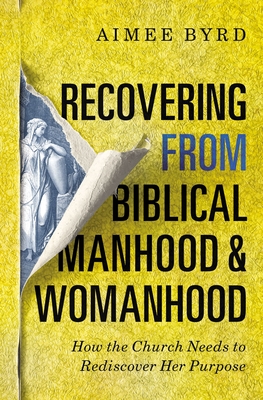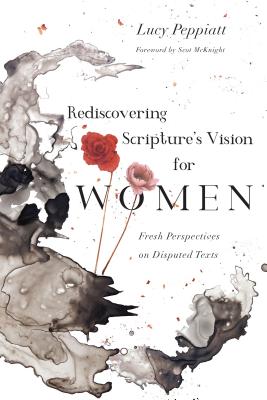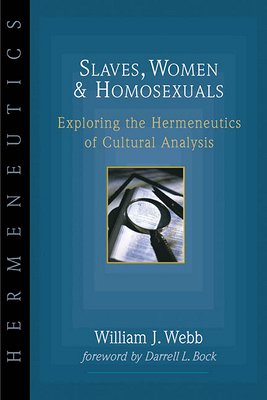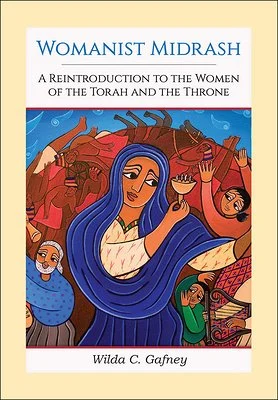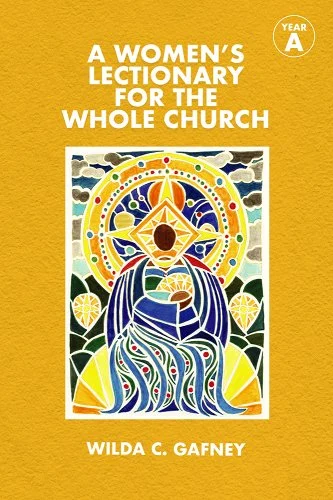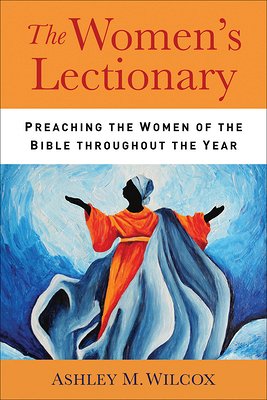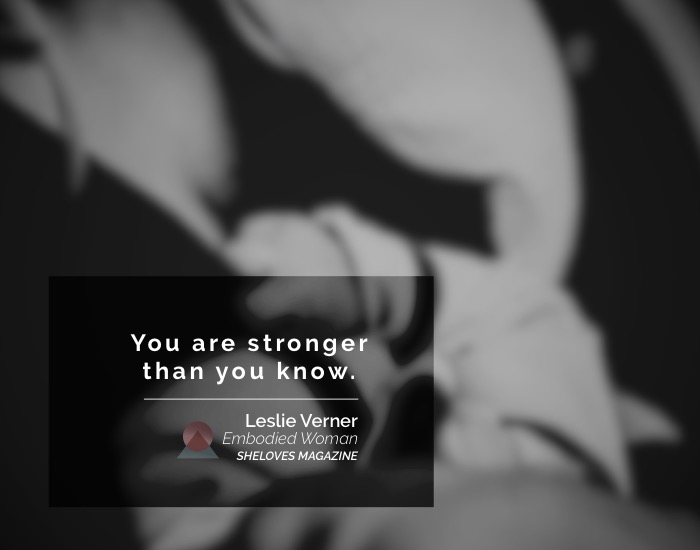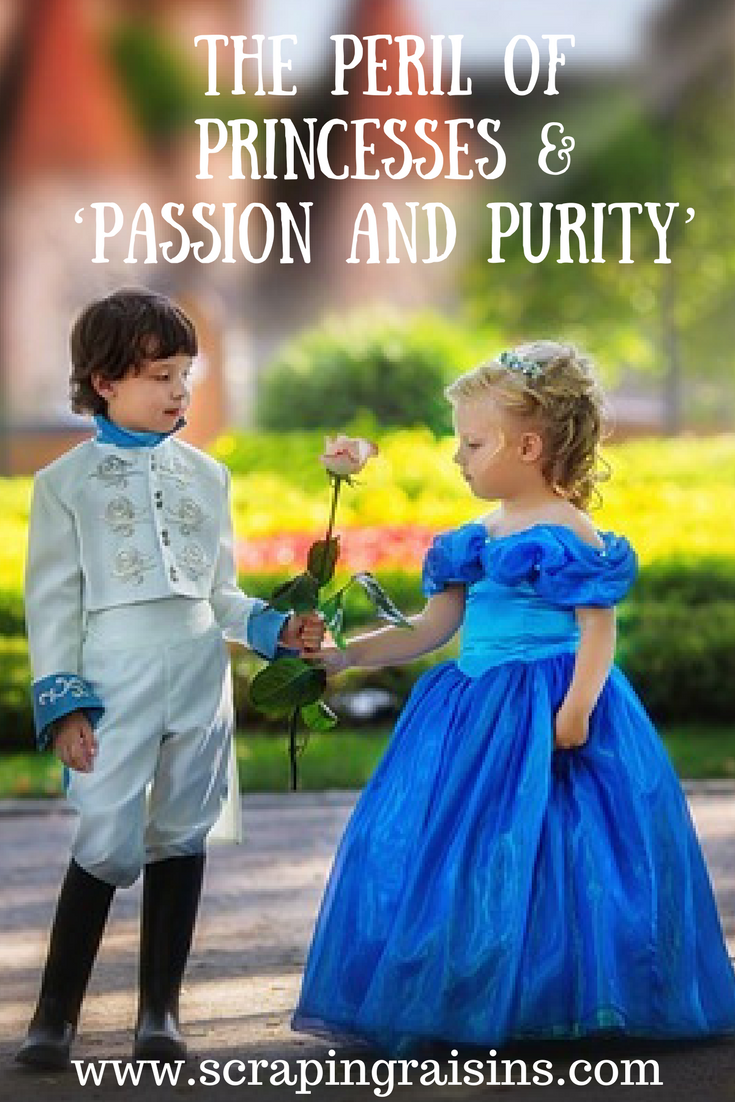
The books and websites on this list were recommended to me by women and men I respect. I haven’t read everything (yet!), but I’ve been working my way through the list. I’ve put an asterisk next to the ones I’ve read so far and recommend.
I’m grateful for these words, explanations, illustrations, and Scripture commentaries that are helping to articulate what I already believed in my bones to be true:
God gifts women to serve at every level of church leadership. A church that doesn’t urge women to use their God-given gifts is anemic, unhealthy, and missing out on a full-bodied church experience. History and patriarchy have perpetuated this enormous loss for both women and men in the church and society. But it doesn’t have to be this way. Not anymore.
Here are some books that will open your eyes to the faulty ways the church goes about reading, interpreting, and teaching the Bible, especially as it pertains to women:
*The Blue Parakeet by Scot McKnight
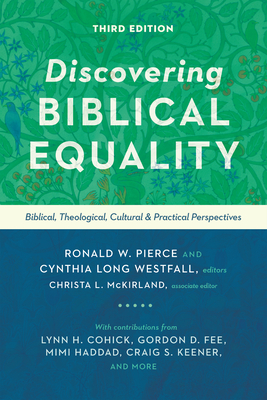
Discovering Biblical Equality: Biblical, Theological, Cultural, and Practical Perspectives by Christa L. McKirland (Associate Editor) Ronald W. Pierce (Editor) Cynthia Long Westfall (Editor)
*Emboldened: A Vision for Empowering Women in Ministry by Tara Beth Leach
The Equality Workbook: Freedom in Christ from the Oppression of Patriarchy by Helga and Bob Evans
Finally Feminist: A Pragmatic Christian Understanding of Gender by John G. Stackhouse, Jr.
*Gender Roles and the People of God: Rethinking What We Were Taught about Men and Women in the Church by Alice Matthews
*Half the Church: Recapturing God’s Global Vision for Women by Carolyn Custis James
Icons of Christ: A Biblical and Systematic Theology for Women’s Ordination by William Witt
***The Making of Biblical Womanhood: How the Subjugation of Women Became Gospel Truth by Beth Allison Barr
Malestrom: Manhood Swept Into the Currents of a Changing World by Carolyn Custis James
The Ministry of Women in the New Testament: Reclaiming the Biblical Vision for Church Leadership by Dorothy Lee
Ordaining Women by B.T. Roberts
Paul and Gender: Reclaiming the Apostle’s Vision for Men and Women in Christ by Cynthia Westfall
Paul, Women, & Wives: Marriage and Women’s Ministry in the Letters of Paul by Craig S. Keener
Paul Through Mediterranean Eyes: Cultural Studies in 1 Corinthians by Kenneth E. Bailey
Reclaiming Eve: The Identity and Calling of Women in the Kingdom of God by Suzanne Burden
*Recovering from Biblical Manhood and Womanhood: How the Church Needs to Rediscover Her Purpose by Aimee Byrd
*Rediscovering Scripture’s Vision for Women: Fresh Perspectives on Disputed Texts by Lucy Peppiatt
Slaves, Women Homosexuals: Exploring the Hermeneutics of Cultural Analysis by William J. Webb
Womanist Midrash by Dr. Wilda C. Gafney
A Women’s Lectionary for the Whole Church: Year A by Dr. Wilda C. Gafney
The Women’s Lectionary by Ashley M. Wilcox
Others:
*Beyond Sex Roles by Gilbert Bilezikian
Great Women of the Christian Faith by Edith Deen
How I Changed My Mind about Women in Leadership: Compelling Stories from Prominent Evangelicals by Alan F. Johnson (Editor)
Junia is Not Alone by Scot McKnight
Women in a Patriarchal World by Elaine Storkey
Online Resources:
Marg Mowczko–a website exploring the biblical theology of Christian egalitarianism.
The Junia Project–provides support, encouragement, and biblically-based resources to help women thrive in all areas of life.
CBE International–Proclaiming God’s design for equal partnership between men and women.
“One in Christ: A Week of Mutuality,” a blog series by Rachel Held Evans dedicated to discussing an egalitarian view of gender—including relevant biblical texts and practical applications. The goal is to show how scripture, tradition, reason, and experience all support a posture of equality toward women, one that favors mutuality rather than hierarchy, in the home, Church, and society.
This post includes affiliate links for Bookshop, an online bookstore with a mission to financially support local, independent bookstores.

